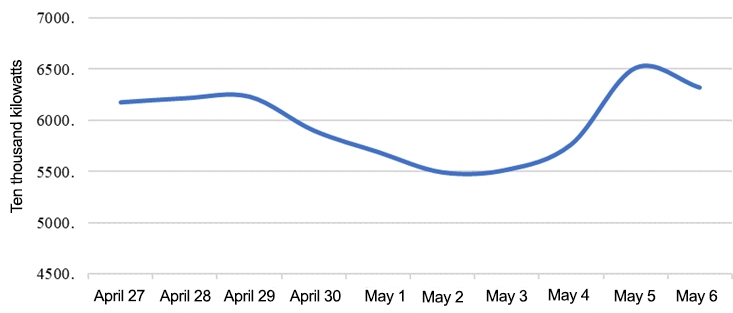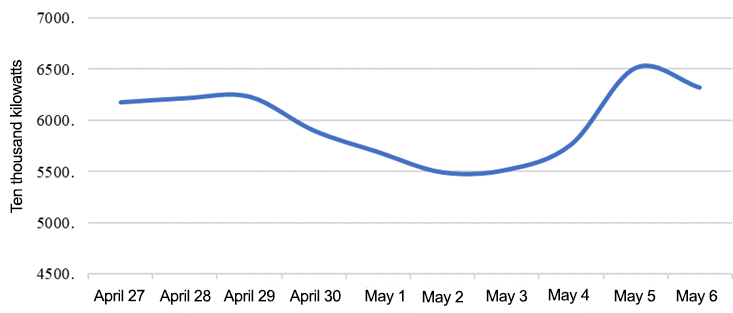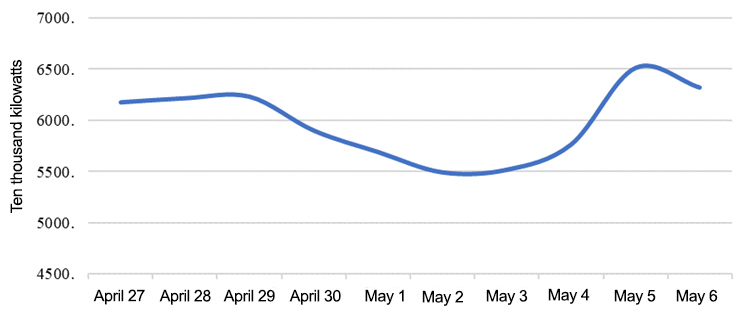Dyness Knowledge | Electricity spot market and energy storage
Power Generation
Dyness Knowledge | Electricity spot market and energy storage
The "power spot market" originally came from the "Power Spot Market" concept in the United States. The core of the power spot market is the competition mechanism, which realizes the optimal allocation of power resources through the market. Arrange the power generation scheduling plan with the goal of the lowest power generation cost or the lowest power supply cost and dispatch in real-time to maximize the benefits of the entire system. The benefits generated by the optimized operation are finally passed on to the users.
The construction of the electricity spot market is an important task of China's electricity system reform. In 2017, China began to explore the construction of the electricity spot market. By 2023, new progress will be made in the construction of electricity spot markets in many places. As the "leader", Guangdong's participation in new energy spot transactions in the first quarter of this year has also achieved remarkable results. The construction of China's electricity market has taken a key and important step towards a complete market system of "medium and long-term + spot + auxiliary services".
During the "May 1st" holiday in 2023, the continuous long period of "negative electricity prices" in Shandong Province in China set a new record in the domestic electricity spot market.
From April 29th to May 3rd, during the daytime in Shandong, new energy was developed rapidly, and the electricity load decreased (see Figure 1). The serious oversupply caused 46 negative electricity prices in real-time spot electricity transactions (see Figure 2 ). The lowest price appeared at 17:00 on May 2, which was -85RMB/MWh, which means that power generators have to pay 8.5 cents per kilowatt-hour to connect to the grid.
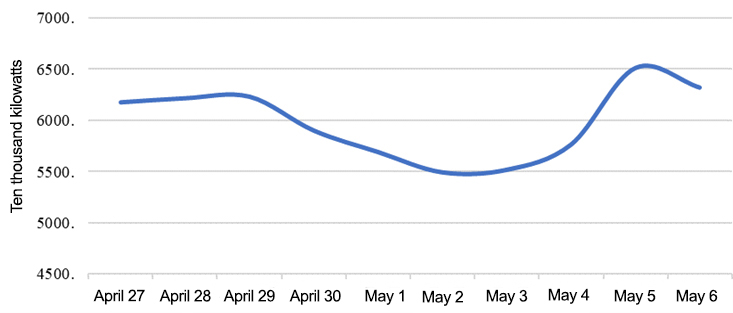
Figure 1 The actual daily dispatching of the highest electricity load in Shandong before and after the "May 1st"
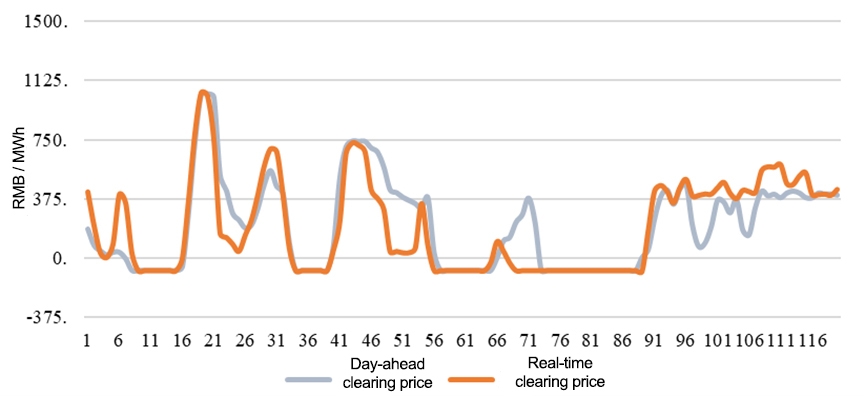
Figure 2 Day-ahead and real-time clearing prices in the Shandong spot market during the "May 1st" holiday
Intuitively, in some periods of time, the power supply capacity is far greater than the demand for electricity. In order to obtain power generation space, power generation manufacturers compete to quote low prices. The underlying logic is that power generators "abandon the car to save the handsome man" and strive to maximize their profits. The new energy has off-site benefits such as subsidies and green power and can bear negative marginal quotations. As long as the clearing price is higher than the minimum quotation value, generating electricity on-grid will generate profits. It is a reasonable bidding strategy allowed by market rules to give priority to clearing and obtaining power generation space with negative electricity prices. The traditional power supply maintains the start-up state of the unit at a low output level by quoting a low price, avoiding the huge cost loss caused by frequent start-ups and stops.
The most famous net load "duck curve" of the power grid refers to the large increase in photovoltaic power generation capacity during the day, making the net load (residual load of electricity load minus photovoltaic power generation output) present a duck-like curve with two ends high and the middle low. With the further increase in the scale of photovoltaic power generation, the net load curve will evolve into a very low "canyon curve" in the middle (see Figure 3).
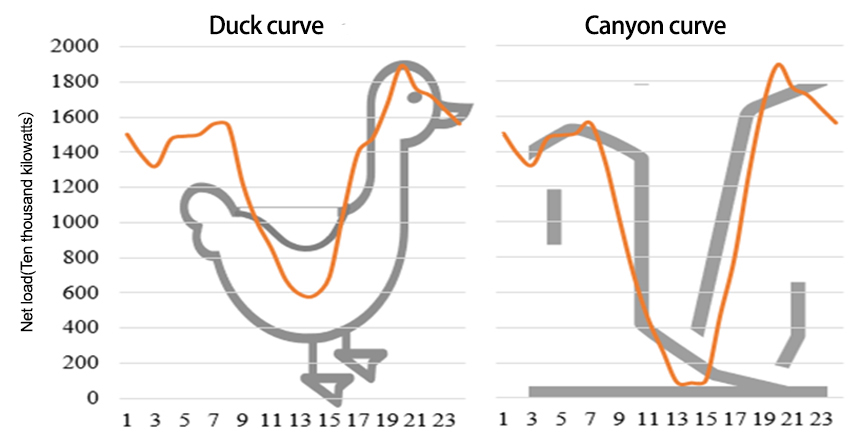
Figure 3. Net load curve characteristics of high proportion new energy power system
As new energy gradually participates in electricity market transactions, on the one hand, energy storage facilities can be configured on the power generation side to reduce the duration and frequency of negative electricity prices, so as to achieve the purpose of ensuring income. On the other hand, negative power prices are used to encourage power consumption, and energy storage facilities can be configured on the load side to reduce power load fluctuations. Negative electricity prices reflect the consumption problem of grid-connected new energy power, highlighting the importance of energy storage systems, and releasing market signals to increase the construction of new energy storage. Shandong is a major province of wind and solar power generation. At present, there is a shortage of energy storage facilities. In the future, other provinces will also encounter such problems, which means that there is still huge space and potential for the development of the energy storage industry.
Dyness Digital Energy Technology Co., LTD
WhatsApp: +86 181 3643 0896 Email: info@dyness-tech.com
Address: No.688, Liupu Road, Suzhou, Jiangsu China
Dyness community: https://www.facebook.com/groups/735600200902322


